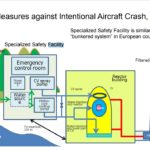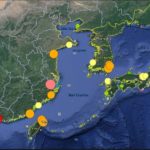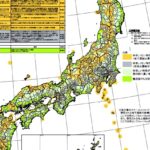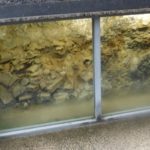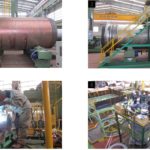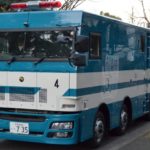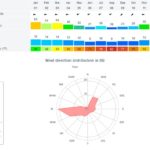
DAVID VON HIPPEL AND PETER HAYES NOVEMBER 23, 2017 I. INTRODUCTION In this report, David von Hippel and Peter Hayes explore several scenarios for radiological releases, in order to estimate the potential impacts of an accident or attack, and thus the potential benefits in measures taken to avoid those impacts. The modelling shows that […]


